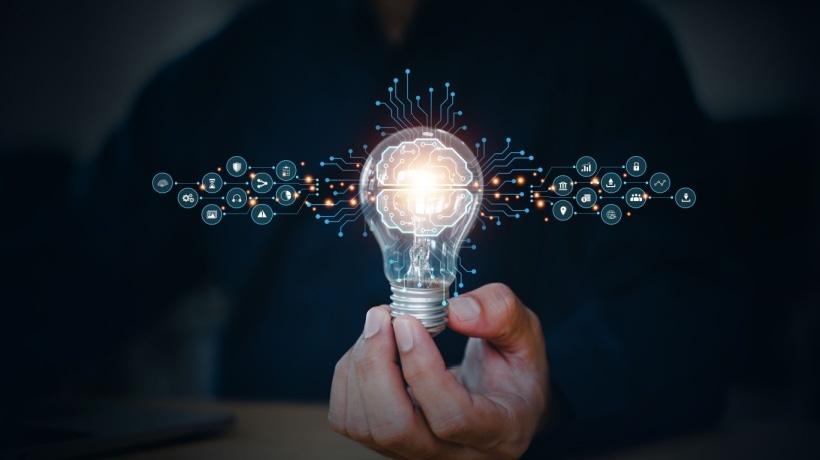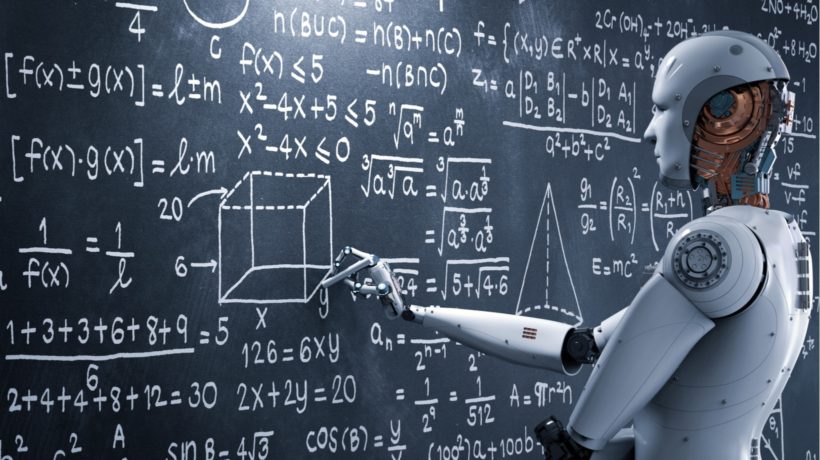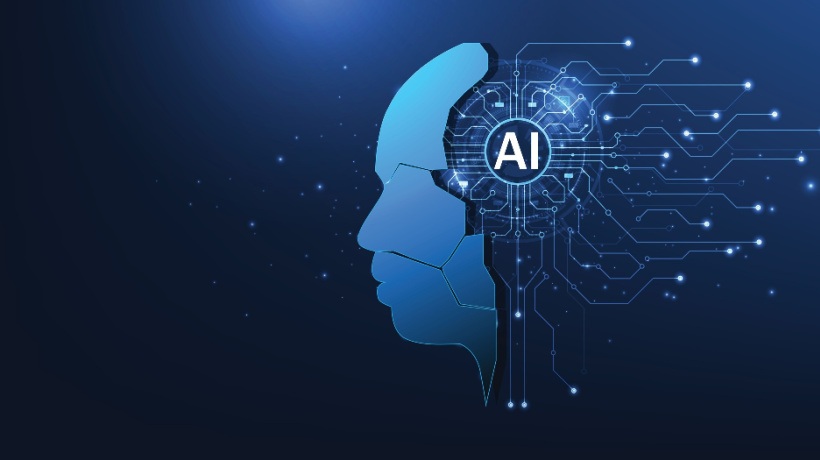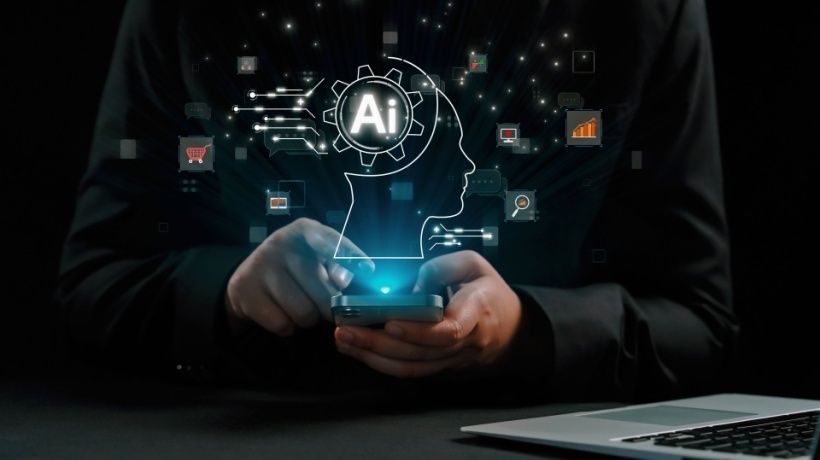AI For Smarter And More Engaging Learning Experience
The rapid advancement of Artificial Intelligence (AI) is transforming multiple industries, and eLearning is no exception. AI-powered technologies are redefining how students engage with educational content, creating personalized learning experiences tailored to individual needs. From adaptive learning platforms to AI-generated content, the future of education is becoming more intelligent and efficient. This article explores the various ways AI is revolutionizing eLearning and shaping the future of personalized education.
How AI Is Revolutionizing eLearning
AI-Powered Adaptive Learning
One of the most significant contributions of AI to eLearning is adaptive learning. Traditional education follows a one-size-fits-all model, but AI enables a more customized approach. Adaptive learning platforms analyze students' progress, learning styles, and areas of weakness, adjusting content accordingly. This dynamic approach ensures that learners receive the right level of challenge and support, ultimately improving retention and understanding. Key benefits of AI-powered adaptive learning include:
- Real-time feedback
AI continuously monitors student performance and provides instant feedback, allowing learners to improve in real time. - Customized learning paths
AI curates personalized lesson plans, ensuring students receive relevant content based on their proficiency level. - Efficient use of time
Learners can focus on topics they struggle with rather than revisiting already mastered concepts.
AI Chatbots And Virtual Tutors
AI-driven chatbots and virtual tutors are revolutionizing the eLearning landscape by offering round-the-clock support. These intelligent assistants provide instant answers to student queries, guide learners through course material, and even assess their progress. Advantages of AI chatbots in eLearning include:
- 24/7 assistance
Students can get help anytime without waiting for human instructors. - Instant feedback and guidance
AI chatbots identify mistakes and suggest corrections, enhancing the learning process. - Engagement and motivation
Interactive AI tutors make learning more engaging by using gamification techniques and interactive conversations.
AI-Generated Content And Automation
AI is also making content creation more efficient and accessible. With Natural Language Processing (NLP) and Machine Learning (ML), AI can generate quizzes, summaries, and even entire course modules, reducing the workload for educators and content creators. Here's how AI enhances content creation:
- Automated assessments
AI generates and grades quizzes and tests, allowing educators to focus on instruction. - Personalized learning materials
AI curates study materials based on learners' needs, ensuring a more targeted learning experience. - Voice and video synthesis
AI-powered text-to-speech and video creation tools enhance accessibility and engagement.
Personalized Learning Experiences
Personalization is at the core of AI-driven eLearning. By analyzing learner data, AI customizes content delivery, suggesting relevant resources and adjusting course difficulty in real time. These are the ways in which AI enables personalization:
- Learning style adaptation
AI detects whether a student learns best through visuals, audio, or text and tailors content accordingly. - Intelligent recommendations
AI suggests additional study materials, courses, or exercises based on student performance. - Pacing adjustments
AI ensures that learners progress at their own pace, reducing frustration and improving outcomes.
AI In Corporate Training And Skill Development
AI is not only benefiting academic education but also reshaping corporate training and professional skill development. Organizations are leveraging AI-powered learning platforms to upskill employees, enhance onboarding programs, and provide continuous learning opportunities. Corporate applications of AI in eLearning include:
- AI-Powered Learning Management Systems (LMSs)
AI-enhanced LMS platforms track employee progress and recommend training modules. - Virtual Reality (VR) and AI integration
AI-driven VR simulations provide hands-on training in industries like healthcare, engineering, and aviation. - Automated skill assessment
AI evaluates employees' skills and suggests relevant training programs, improving workforce development.
Ethical Considerations And Challenges
While AI offers numerous benefits, it also presents ethical concerns and challenges that must be addressed.
Potential Challenges
- Data privacy issues
AI-driven learning platforms collect vast amounts of data, raising concerns about data security and student privacy. - Bias in AI algorithms
AI systems must be trained on diverse datasets to avoid biases that could impact learning outcomes. - Dependence on technology
Overreliance on AI in education could reduce human interaction, which remains essential for holistic learning.
The Future Of AI In eLearning
As AI continues to evolve, its role in eLearning will expand even further. Emerging technologies such as AI-driven emotional intelligence, Augmented Reality (AR), and predictive analytics will create even more immersive and effective learning experiences.
AI-Driven Emotional Intelligence
AI systems will analyze student emotions through facial recognition, voice tone, and behavior tracking to provide adaptive support, motivation, and mental well-being assistance. Personalized AI tutors will adjust their teaching styles based on a student's mood, ensuring a more supportive and engaging learning experience.
Enhanced AR And AI Integration
Augmented Reality (AR) combined with AI will create highly immersive, hands-on learning environments. Virtual laboratories, historical reconstructions, and interactive simulations will enhance understanding by allowing students to explore complex subjects visually and experientially. AI-driven customization will further adapt AR content to each learner's progress and preferences.
Predictive Learning Analytics
AI will analyze vast amounts of student data to identify learning patterns and predict potential challenges before they arise. Educators will receive real-time insights, allowing them to intervene proactively with tailored resources, assignments, or tutoring to enhance student success rates.
AI-Powered Personalized Learning
AI-driven adaptive learning platforms will tailor coursework, lesson plans, and study materials based on a student's strengths, weaknesses, and learning pace. These platforms will provide intelligent recommendations, automated grading, and customized feedback to optimize learning efficiency.
Voice And Chatbot-Based Learning Assistants
AI-powered chatbots and voice assistants will act as 24/7 tutors, answering student queries, explaining concepts in different ways, and assisting with assignments. These AI-driven assistants will make education more accessible and responsive, reducing the need for constant teacher supervision.
Blockchain For AI-Verified Learning Credentials
AI and blockchain technology will work together to securely store and verify student achievements, certifications, and academic records. This decentralized system will help prevent credential fraud, simplify university admissions, and provide employers with reliable proof of qualifications
AI In Special Education
AI-powered tools will revolutionize learning for students with disabilities by offering speech-to-text assistance, real-time sign language translation, and personalized accessibility features. Adaptive AI tutors will ensure inclusivity by catering to diverse learning needs.
Gamification With AI
AI-driven gamification will make learning more engaging through personalized challenges, reward-based progress tracking, and interactive storytelling. AI will adjust difficulty levels dynamically, ensuring students stay motivated while improving their skills.
AI-Powered Teacher Assistants
AI will reduce administrative burdens by automating grading, attendance tracking, and curriculum planning, allowing teachers to focus more on student engagement and interactive learning. AI-powered insights will also help educators refine their teaching methods.
Multilingual And Cross-Cultural Learning
AI will enable real-time language translation and cross-cultural adaptation, allowing students from different linguistic backgrounds to learn together seamlessly. This will break down language barriers and promote global learning experiences.
Conclusion
AI is revolutionizing eLearning by making education more personalized, efficient, and accessible. From adaptive learning systems and AI tutors to automated content generation and corporate training applications, AI is shaping the future of education. However, challenges such as data privacy and AI bias must be addressed to maximize the potential of AI in learning. As technology advances, AI-driven eLearning will continue to enhance how we acquire knowledge, making education smarter and more inclusive than ever before.








